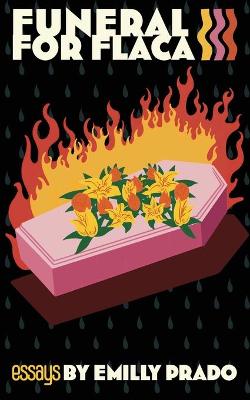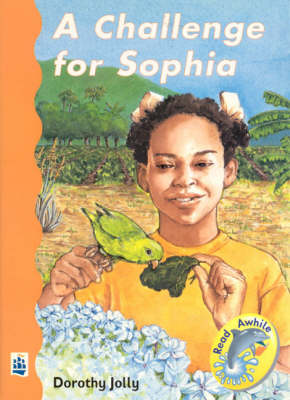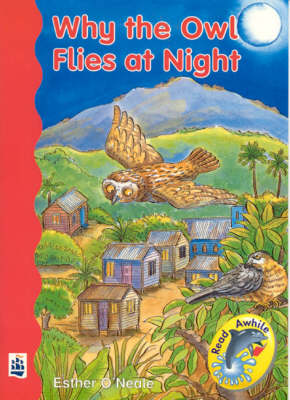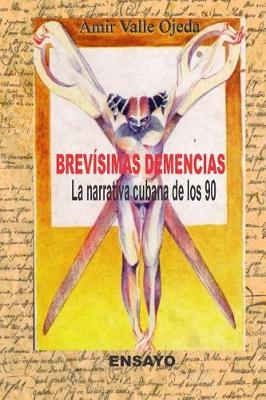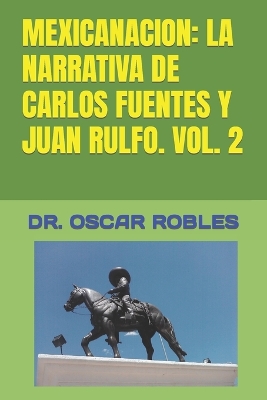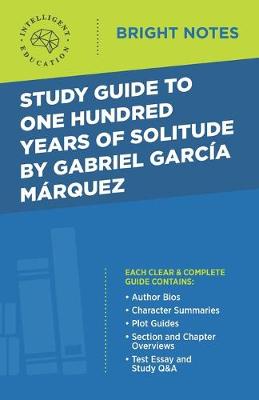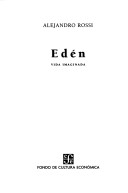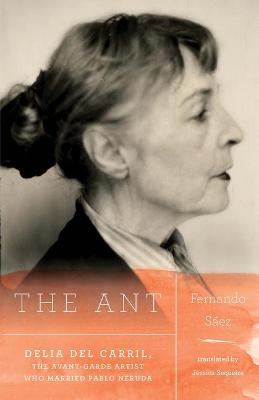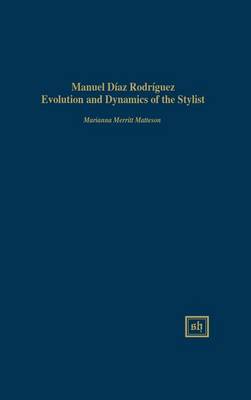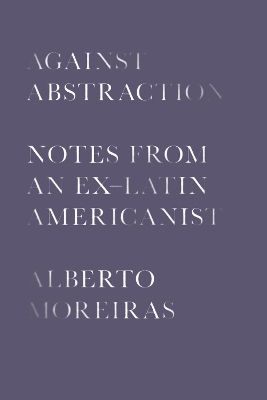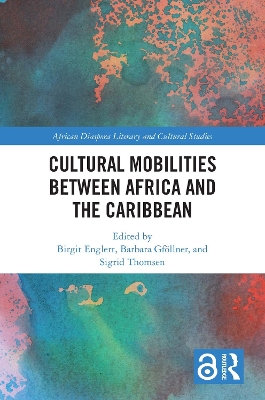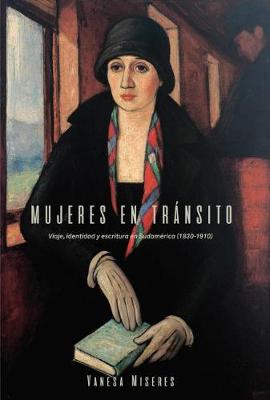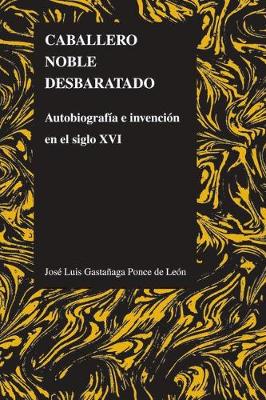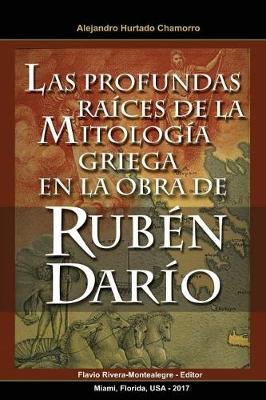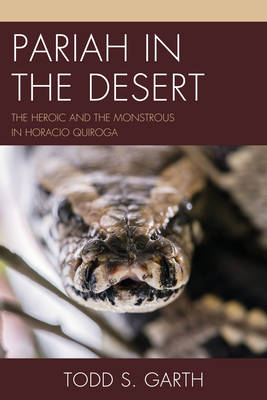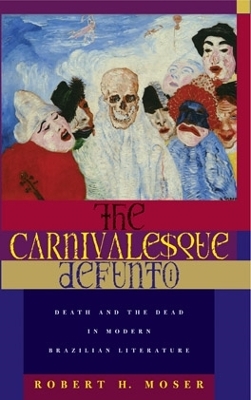Sophia is staying on her uncle's farm in Trinidad, and her uncle givers her a parakeet to take home. But in the city, even though he has a brand new cage made by Sophia's father, the bird starts to sicken. The challenge for Sophia is to find out what is wrong and what to do about it.Read Awhile is a series of graded stories and non-fiction texts that have been specially written for young readers in the Caribbean. Read Awhile books also contain questions, activities and other materials designed t...
New Trends in Contemporary Latin American Narrative: Post-National Literatures and the Canon
Poor Mother Hen - her chicks keep disappearing! Who is stealing them? She asks all the birds, but they all shake their feathered heads. They don't know. Could it be the big-eyed, sharp-beaked owl who looks so plump and well-fed?
The Newest Peruvian Poetry in Translation (Coleccion Poiesis)
Borges' Short Stories (Continuum Reader's Guides) (Reader's Guides)
by Rex Butler
The Argentine writer Jorge Luis Borges is undoubtedly one of the defining voices of our age. Since the Second World War, his work has had an enormous impact on generations of writers, philosophers and literary theorists. This clear and accessibly written guide offers a close reading of ten of Borges' greatest short stories, seeking to bring out the logic that has made his work so influential. The main section of the guide offers an analysis of such key terms in Borges' work as "labyrinth" and th...
The Repeating Island (Post-Contemporary Interventions)
by Antonio Benitez-Rojo
In this second edition of The Repeating Island, Antonio Benitez-Rojo, a master of the historical novel, short story, and critical essay, continues to confront the legacy and myths of colonialism. This co-winner of the 1993 MLA Katherine Singer Kovacs Prize has been expanded to include three entirely new chapters that add a Lacanian perspective and a view of the carnivalesque to an already brilliant interpretive study of Caribbean culture. As he did in the first edition, Benitez-Rojo redefines th...
Study Guide to One Hundred Years of Solitude by Gabriel Garcia Marquez (Bright Notes)
The Ant: Delia del Carril; The Avant-Garde Artist Who Married Pablo Neruda
by Fernando Saez
Manuel Diaz Rodriguez (Scripta Humanistica)
by Marianna Merritt Matteson
Latin American Writers
In 2015, members of the philosophy department at the University of Madrid conducted an interview with Alberto Moreiras for the university’s digital archive. The resulting dialogues and the Spanish edition of this work, Marranismo e inscripción, o el abandono de la conciencia desdichada, are the basis for Against Abstraction, supplemented with an interview conducted for the Chilean journal Papel máquina. In these landmark conversations, Moreiras describes how, though he was initially committed to...
This book investigates the cultural connections between Africa and the Caribbean, using the lens of Mobility Studies to tease out the shared experiences between these highly diverse parts of the world. Despite their heterogeneity in terms of cultures, languages, and political and economic histories, the connections between the African continent and the Caribbean are manifold, stretching back to the trans-Atlantic slave trade. The authors in this book look to the past as well as to the present,...
Mujeres en transito (North Carolina Studies in the Romance Languages and Literatures)
by Vanesa Miseres
Mujeres en transito: viaje, identidad y escritura en Sudamerica (1830-1910) examines in detail the insightful accounts by four prominent female writers who traveled to and from Latin America in the 19th century: the French-Peruvian socialist and activist Flora Tristan (1803-1844), the Argentines Juana Manuela Gorriti (1819-1892) and Eduarda Mansilla (1838-1892), and the Peruvian Clorinda Matto de Turner (1852-1909). Each author traveled and wrote in different and significant moments in the hist...
Caballero Noble Desbaratado (Purdue Studies in Romance Literatures)
by Jose Luis Gastanaga Ponce De Leon
First-person narrative does not always fall under the genre of autobiography. In the centuries before the genre was defined, authors often patterned their personal narratives after prestigious discourses, such as hagiography, historiography, and the literary miscellany. Caballero noble desbaratado: Autobiografia e invencion en el siglo XVI (Noble Knight Disrupted: Autobiography and Invention in the Sixteenth Century) analyses several first-person narratives from Spain and the conditions of their...
Las Profundas Raices de la Mitologia Griega en la Obra de Ruben Dario
by Alejandro Hurtado-Chamorro
This is the first book in English on Horacio Quiroga (Uruguay 1878-Argentina 1937), a canonical author whose works are read by all advanced students of Spanish in the US and many other countries. The study examines Quiroga's work through the theoretical lens of the heroic-a lens elaborated in part by means of Quiroga's own disquisitions on the subject-and the complementary phenomenon of the monstrous. This lens serves to elucidate many evidently obscure and self-contradictory aspects of Quiroga'...
The Carnivalesque Defunto (Research in International Studies, Latin America)
by Robert H. Moser
The Carnivalesque Defunto explores the representations of death and the dead in Brazil's collective and literary imagination. The recurring stereotype of Brazil as the land of samba, soccer, and sandy beaches overlooks a more complex cultural heritage in which, since colonial times, a relationship of proximity and reciprocity has been cultivated between the living and the dead. Robert H. Moser details the emergence of a prominent motif in modern Brazilian literature, namely the carnivalesque def...
